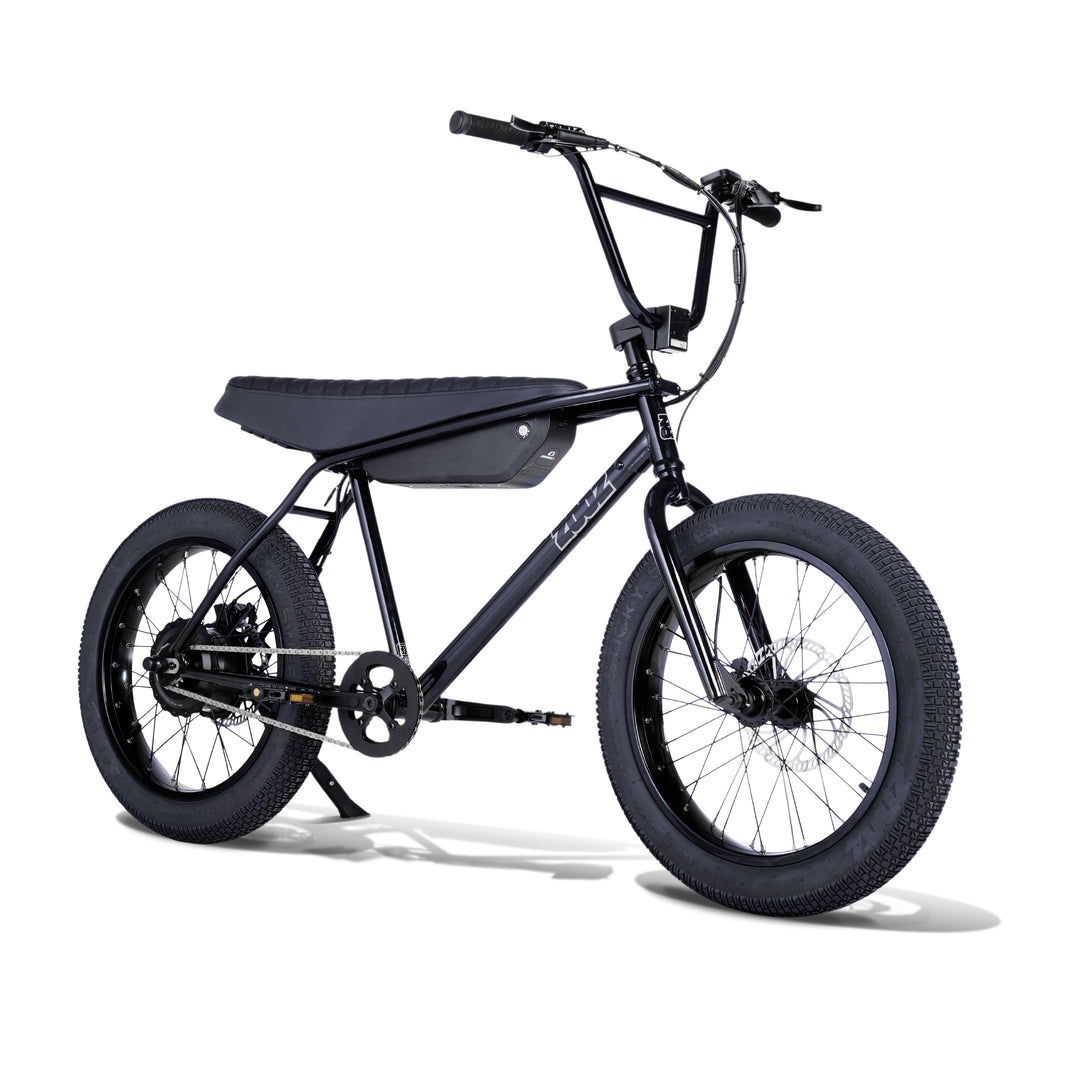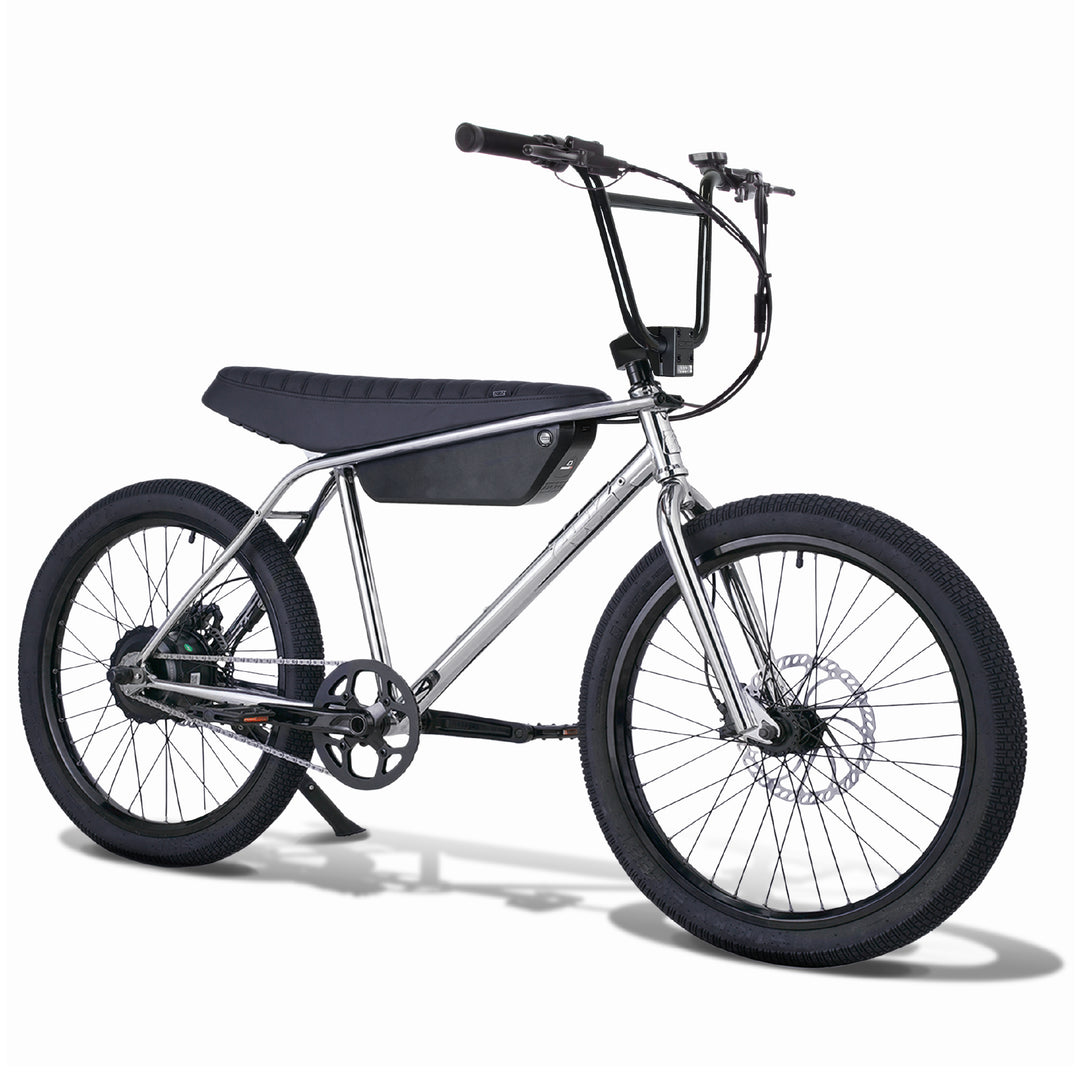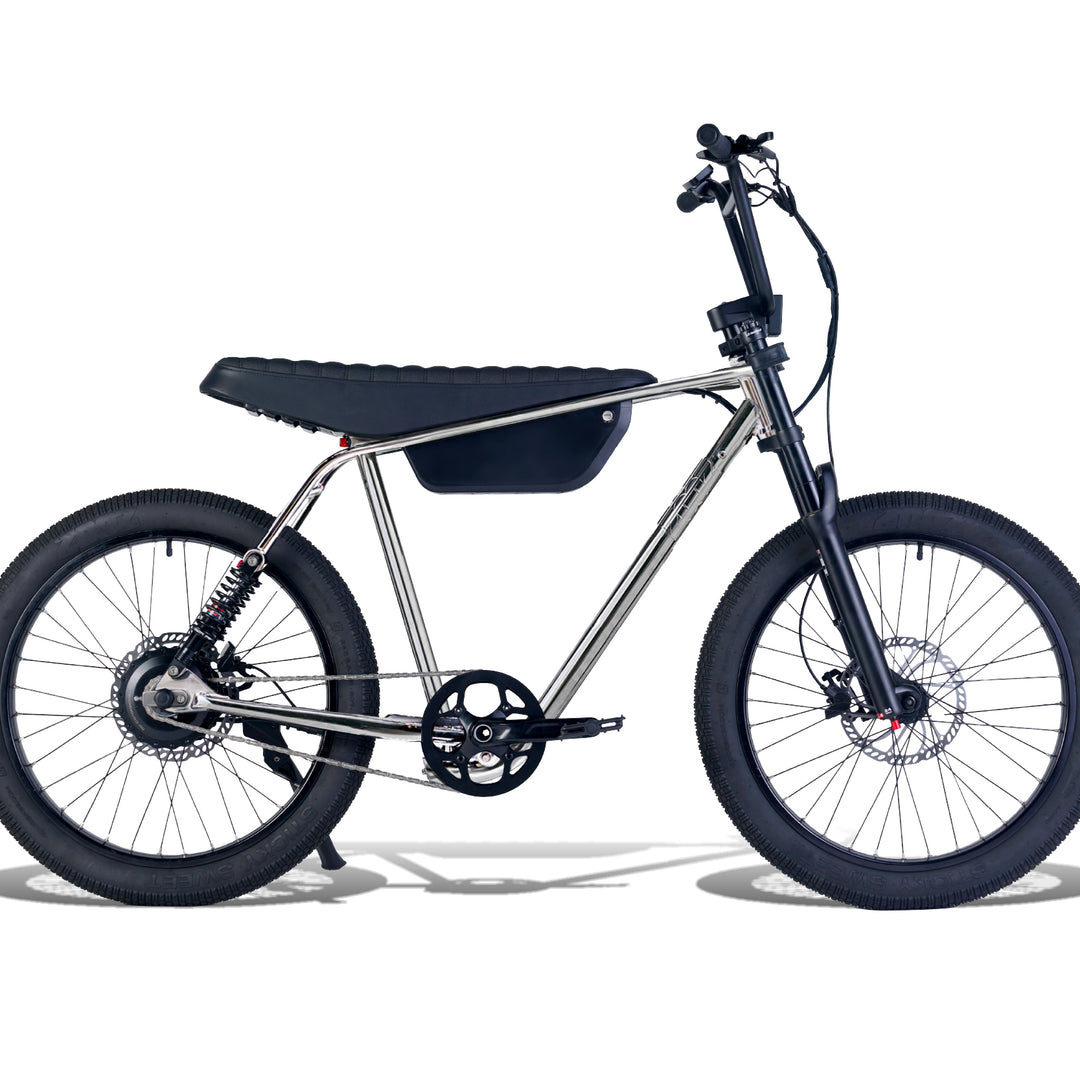Electric bikes demand superior braking performance, and hydraulic disc brakes deliver precisely that. Unlike cable disc brakes, hydraulic brakes utilize fluid pressure for immediate and controlled stopping power, essential for higher speeds. Consistency is the supreme characteristic of hydraulic systems. They operate reliably in all weather conditions, unaffected by cable issues, require minimal maintenance and fewer adjustments than their cable counterparts.
Heat dissipation and fade resistance are paramount for electric bikes, where hydraulic brakes excel, ensuring dependable performance even during extended downhill rides. Safety takes the forefront with hydraulic disc brakes offering shorter stopping distances and quicker response times, crucial for urban environments. Ultimately, hydraulic disc brakes guarantee an elevated riding experience by combining precision, power, reliability, reduced maintenance, heat management, and enhanced safety. Elevate your electric bike journey with the unmatched benefits of hydraulic disc brakes, where innovation meets performance.
Check the video where Chris – founder and designer of the ZOOZ Ultra-series bikes – gives a candid walk through of his perspective:
1. Precision and Power:
Hydraulic disc brakes offer unrivaled precision and stopping power. Unlike cable disc brakes, which rely on a physical cable to transmit force, hydraulic systems utilize pressurized fluid to amplify braking force. This translates to more immediate and controlled stopping, especially crucial when riding electric bikes that can achieve higher speeds. The enhanced modulation of hydraulic disc brakes allows riders to effortlessly adjust the braking intensity, enabling a smoother and safer ride.
2. Consistent Performance:
Hydraulic disc brakes offer unrivaled precision and stopping power. Unlike cable disc brakes, which rely on a physical cable to transmit force, hydraulic systems utilize pressurized fluid to amplify braking force. This translates to more immediate and controlled stopping, especially crucial when riding electric bikes that can achieve higher speeds. The enhanced modulation of hydraulic disc brakes allows riders to effortlessly adjust the braking intensity, enabling a smoother and safer ride.
3. Reduced Maintenance:
Opting for hydraulic disc brakes can lead to reduced maintenance requirements compared to their cable counterparts. Cable disc brakes necessitate frequent adjustments to counter cable stretch and wear, which can become a time-consuming task. In contrast, hydraulic systems have fewer components that wear out, resulting in fewer adjustments and replacements. This translates to more time spent enjoying your electric bike and less time tinkering with brake adjustments.
4. Heat Dissipation and Fade Resistance:
Electric bikes, with their potential for higher speeds and increased weight due to batteries, can generate more heat during braking. Hydraulic disc brakes boast superior heat dissipation capabilities, minimizing the risk of brake fade even during prolonged downhill descents. Cable disc brakes may exhibit decreased performance under heat stress, potentially compromising safety. Hydraulic systems ensure consistent and reliable braking, allowing riders to confidently tackle steep descents without worries.
5. Enhanced Safety:
Safety is paramount, especially when riding an electric bike that offers higher speeds and accelerations. Hydraulic disc brakes provide a shorter stopping distance and quicker response time compared to cable disc brakes. This improved safety margin can make a crucial difference in avoiding collisions and potential accidents. With hydraulic disc brakes, riders can confidently navigate traffic and urban environments, knowing that their braking system is up to the task.










